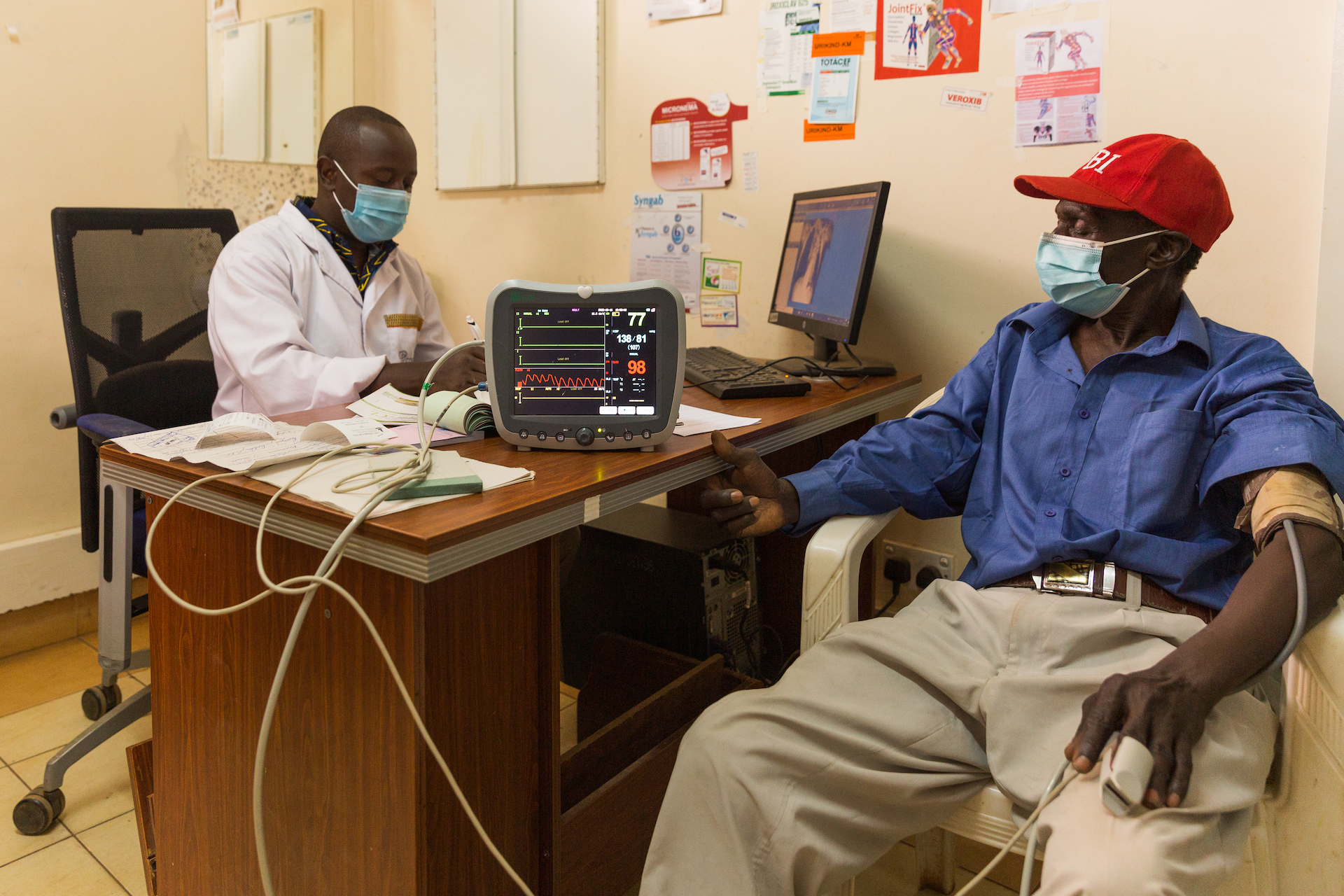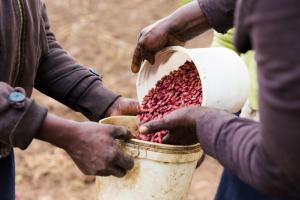Quitting tobacco farming to improve health
Dr Francis Manyinza, a senior clinician at the Migori County Referral Hospital in southwestern Kenya, wasn’t surprised when lifelong tobacco farmer Petalis Ouma sought medical care for his chronic cough and ever-worsening chest pains.
Growing tobacco has a detrimental effect on the health of the farmers who routinely touch and inhale the plant’s toxins paving the way for issues like damaged lung tissue or nicotine poisoning. But for many in East African countries—which produce 90% of tobacco farmed on the continent—tobacco cultivation is the primary source of income.
“We all know tobacco is bad for us. Just the smell makes me sick. But this is poverty. Until recently, tobacco was our best chance to make money.”—Petalis Ouma, former tobacco farmer
This puts many farmers in the difficult position of having to choose between making a living or being healthy. “We all know tobacco is bad for us. Just the smell makes me sick,” Ouma said. “But this is poverty. Until recently, tobacco was our best chance to make money.”
In June 2021, World Health Organization (WHO) in partnership with World Food Programme, Food and Agriculture Organization of the United Nations, in collaboration with the Kenyan government, initiated a programme to help farmers transition to producing more sustainable crops and lead healthier lives.
In the programme’s first year, high-iron beans were offered as the alternative to tobacco. Farmers who began cultivating the recommended beans earned an average of US$ 285 more per acre than when they were growing tobacco.

With help from 80 volunteers trained by WHO, more farmers in the county have learned about the harmful effects of growing tobacco and about options to cultivate other crops. So far, 1070 farmers in Migori have switched away from farming tobacco to growing the beans eliminating their constant exposure to the plant and improving their health.
Through WFP’s local procurement initiatives, there is now a long-term market for high-iron beans in Migori. “This market gives Migori’s tobacco farmers a new way to earn a living with none of the negative health effects that come from growing the high-labour intensive and toxic tobacco plant,” says Dr Abdourahmane Diallo, WHO Representative in Kenya. “This is a new way to fight the tobacco epidemic that has stolen so many lives.”



